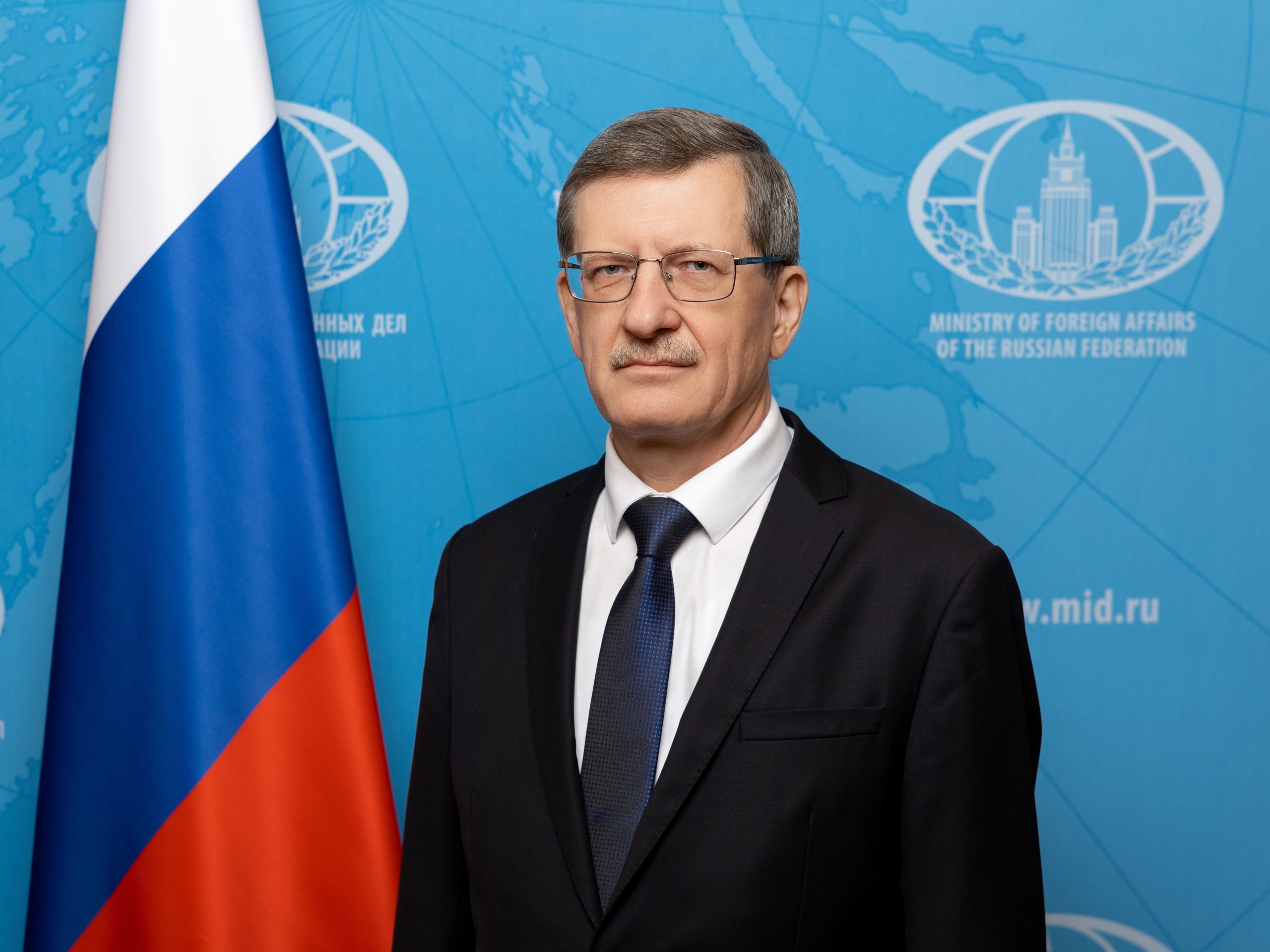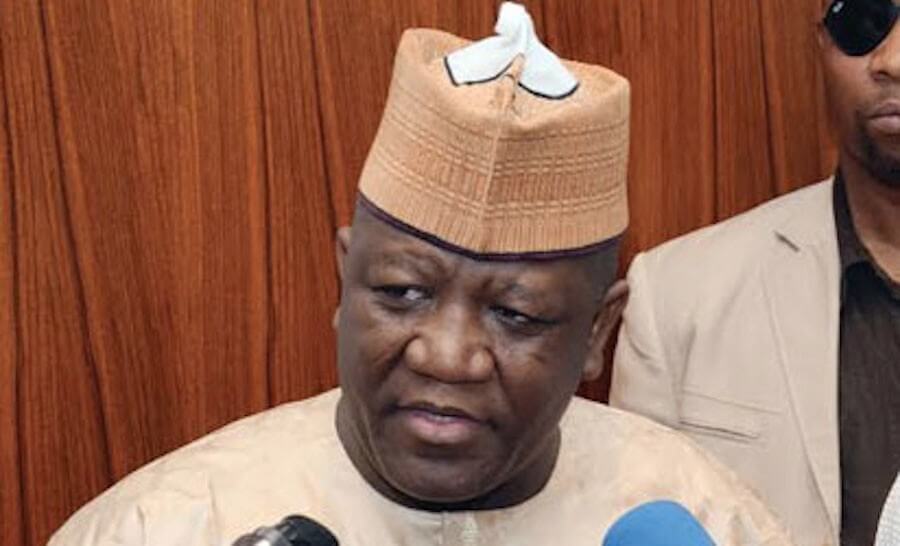[dailymotion code=”x7sc4i5″ autoplay=”yes”]
• Sanwo-Olu urges calm as PPPRA allays fear of petrol scarcity
• 43 person quarantined in Plateau
• ‘HOW MSAMS cure for HIV/AIDS can cure COVID-19, Lassa fever’
Indications have emerged that the Federal Government may restrict all foreign airlines to the Murtala Muhammed International Airport (MMIA), Lagos and Nnamdi Azikiwe International Airport (NAIA), Abuja.
The move, which followed the advice on how to contain the spread of Coronavirus, is aimed at enhancing full scale medical and security screening of travellers, especially those coming from Europe.
The implication is that the Port Harcourt, Kano and Kaduna international airports would be temporarily closed to foreign carriers until the Covid-19 scourge subsided.
Industry sources yesterday said Nigeria was not left out in the control measures as both the Nigerian Civil Aviation Authority (NCAA) and Federal Airports Authority of Nigeria (FAAN) were considering the restriction options and would advise the government accordingly.
Director-General (DG) of the NCAA, Capt. Musa Nuhu, said the regulator was committed to the safety of travellers and Nigeria’s National Health Security and would continue to do all that is necessary to ensure both.
Besides, the Petroleum Products Pricing Regulatory Agency (PPPRA) said the outbreak of Coronavirus, especially in China would not affect the supply of petrol in the country.
Executive Secretary, PPPRA, Abdulkadir Saidu, noted that supply of petrol currently stood at 1,828.62 billion litres, while Automotive Gas Oil (AGO) and Aviation Turbine Kerosene (ATK) were 423.27 million litres and 96.70 million litres.
Lagos State Governor, Babajide Olusola Sanwo-Olu, yesterday visited the Public Health Emergency Operations Centre Epidemiology Division, Yaba, Lagos, where the victim of Coronavirus was receiving treatment and urged the people of Lagos to be calm.
Sanwo-Olu, who was accompanied by his Deputy, Kadiri Hamzat, did not enter the room where the victim was kept but demonstrated how to wear the safety suit, which he said, was not comfortable.
Addressing journalists after the visit, he said, “ I am very happy with the level of commitment of the professionals working here. We are hoping that all of this will get behind us quickly, but we have all the machinery to deal with it.”
In a related development, the Plateau State Commissioner for Health, Dr. Nimkong Lar Ndam, yesterday confirmed that 43 persons have been quarantined in Wase Council Area of the state for Coronavirus infection.
Ndam said at a media briefing that of the number, 25 were natives while 18 were foreigners, saying the four Chinese nationals were involved as against three being reported in the media, adding that they were all miners at Wase.
But he added that the Chinese nationals traveled from Ethiopia to Abuja and finally to Jos on Friday, being their final destination.
Meanwhile, a Professor of Virology at the Michael Okpara University of Agriculture, Umudike (MOUAU) Abia State, Professor Maduike Ezeibe has said his MSAMS therapy for the cure of HIV/AIDS is also a cure for Covid-9 and Lassa fever.
Ezeibe, who is the Dean, College of Veterinary Medicine described the MSAMS therapy whose chemical equation he gave as (AI4 (SiO4) 3+3Mg2SiO4-2AI2Mg3 (SiO4) 3), as “a mechanism for curing Covid-19 and Lassa fever”.
He urged countries affected by the virus to adopt the therapy for clinical trials on patients.






